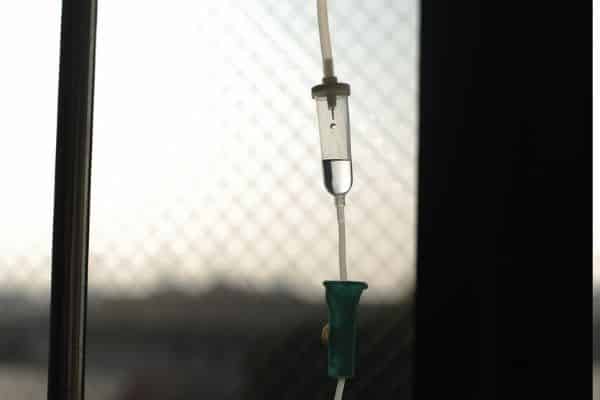HOW TO KEEP YOUR EQUIPMENT CHECKED AND SERVICED
It’s any Emergency Medical provider’s worst nightmare. You arrive on scene, and your device doesn’t power on, or you get an error. The precious seconds are ticking by, but due to improper maintenance of your biomedical equipment you are powerless to help.
Your equipment is your best friend at the scene of the accident. It can mean the difference between life and death for your patient. It needs to be respected and treated with the utmost care and it needs to be regularly checked and serviced.
The device manufacturer is responsible for initial testing and for notifying you of any recalls or safety bulletins related to the device, but the necessary ongoing service and maintenance of the equipment is the responsibility of the user.
With so much equipment it can be difficult to keep track of what needs to be serviced and when. Here are some tips for keeping that equipment up and ready for when you really need it.
- Keep a service calendar to and mark expiration and service dates. Your equipment will come with a manual. In it you’ll find the manufacturers recommendations for testing and service intervals. Mark these dates and times on your calendar to ensure that they are not missed. Keep all your manuals where you can easily find them, and refer to them as often as you need. You should also mark when your equipment with a shelf life expires so that you can have a replacement ready.
- Run weekly maintenance at the same time each week. Its much easier to remember if you’ve done the right maintenance if its always done at the same time each week. Make sure to schedule the time on your maintenance calendar and have a checklist that must be filled out an initialed by the staff member who checked it. At that time also check for any equipment they has expired and dispose of it or donate it to a training organization.
- Check your equipment at the beginning of each shift to ensure that its functioning properly. Some equipment such as gurneys, radios, suction machines and defibrillators should be tested daily to ensure the safety of your patient. This can quickly be done at the beginning and the end of each shift.
- Test and properly maintain your batteries. This is one of the most important rules that can be easily overlooked. For best battery performance use and then recharge your equipment’s batteries regularly. Be sure to test batteries often and replace any that are not keeping their juice. Be sure to recycle them correctly as well.
- Contact a certified service company such as Coast Biomedical and send your equipment in for yearly servicing. Its very important to have biomedical equipment serviced on a yearly basis. Your Biomedical Service company will check it for physical damage and run full diagnostic testing, and suggest any repairs that are necessary. Coast Biomedical stands out, because should you need replacement equipment you can purchase new and refurbished equipment from them as well.
These tips will help you stay on top of your equipment servicing. If you have questions, need help, or what to schedule a service please call us at (888) 682-1941 or email info@coastbiomed.com




